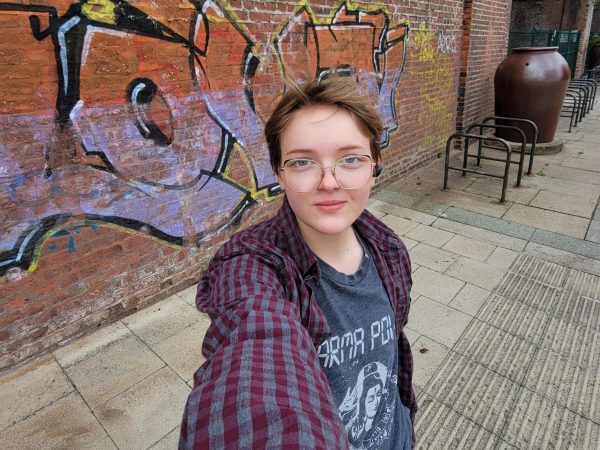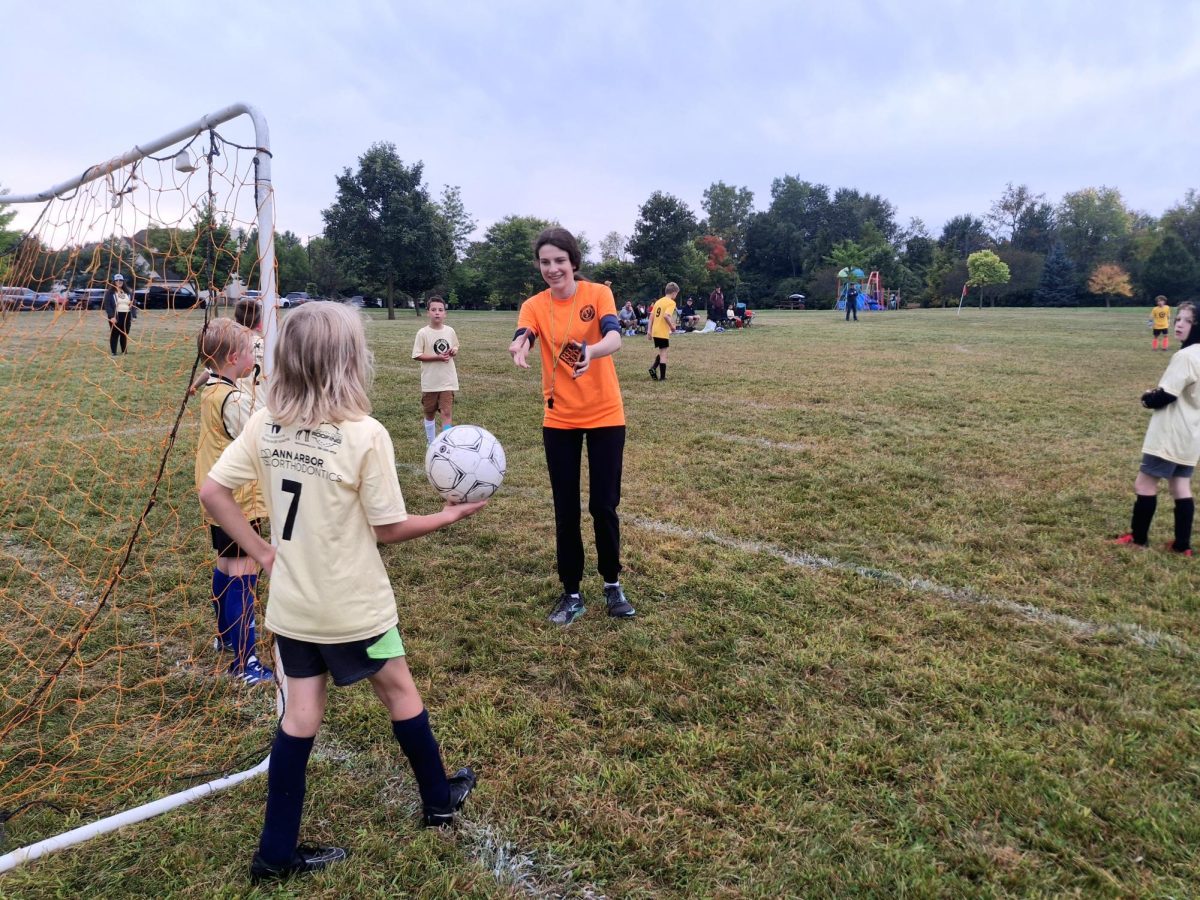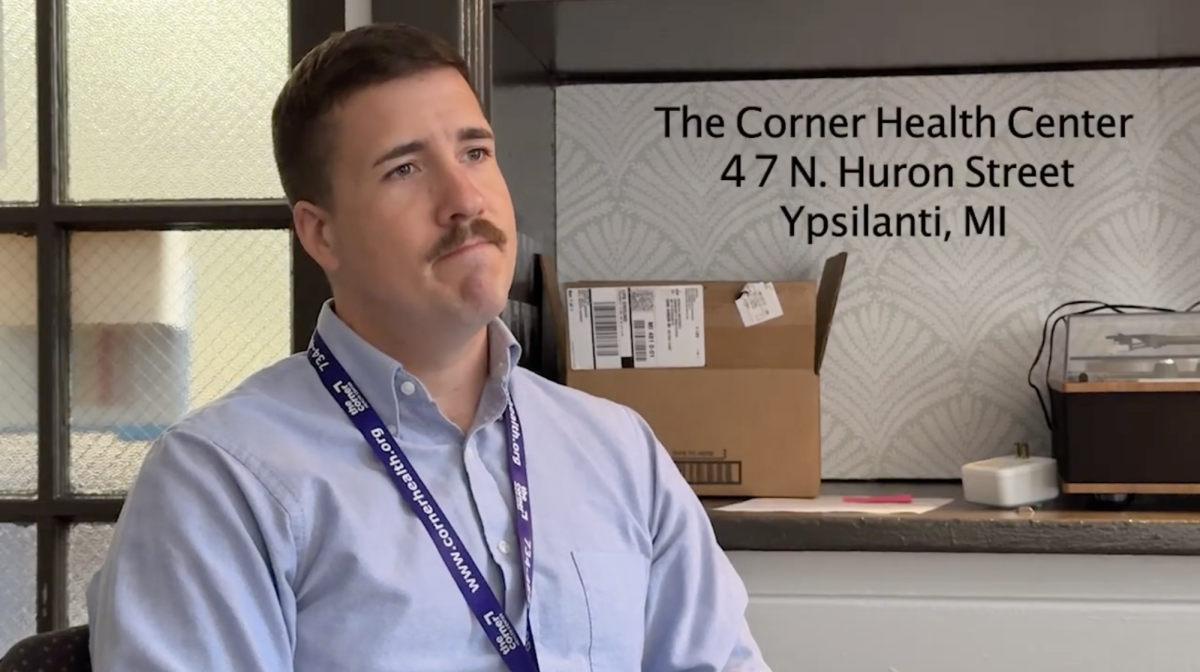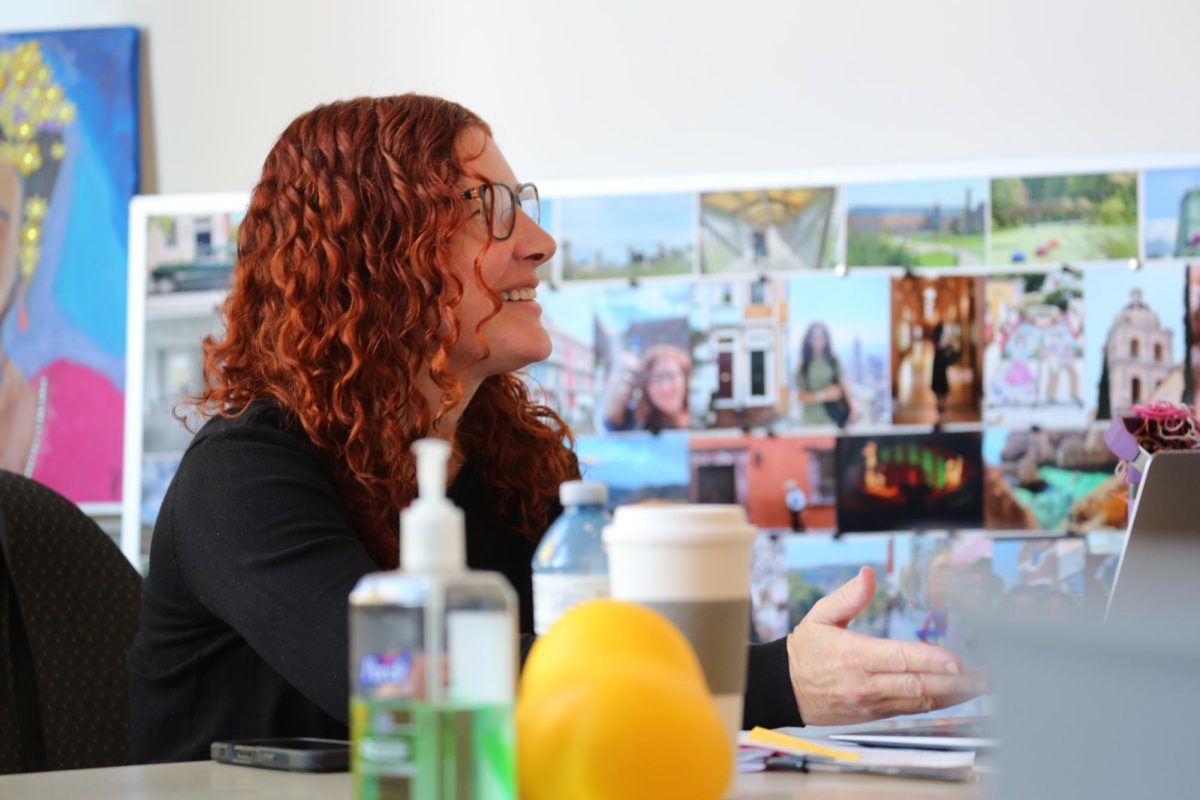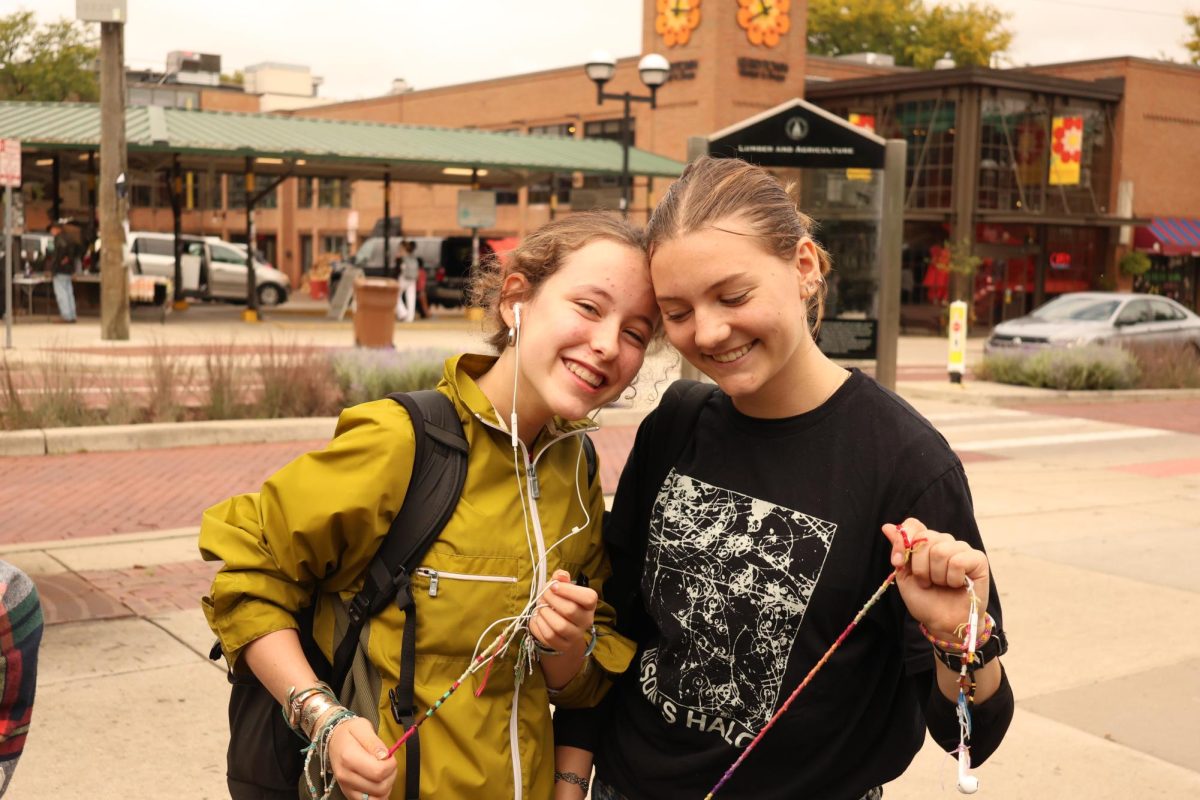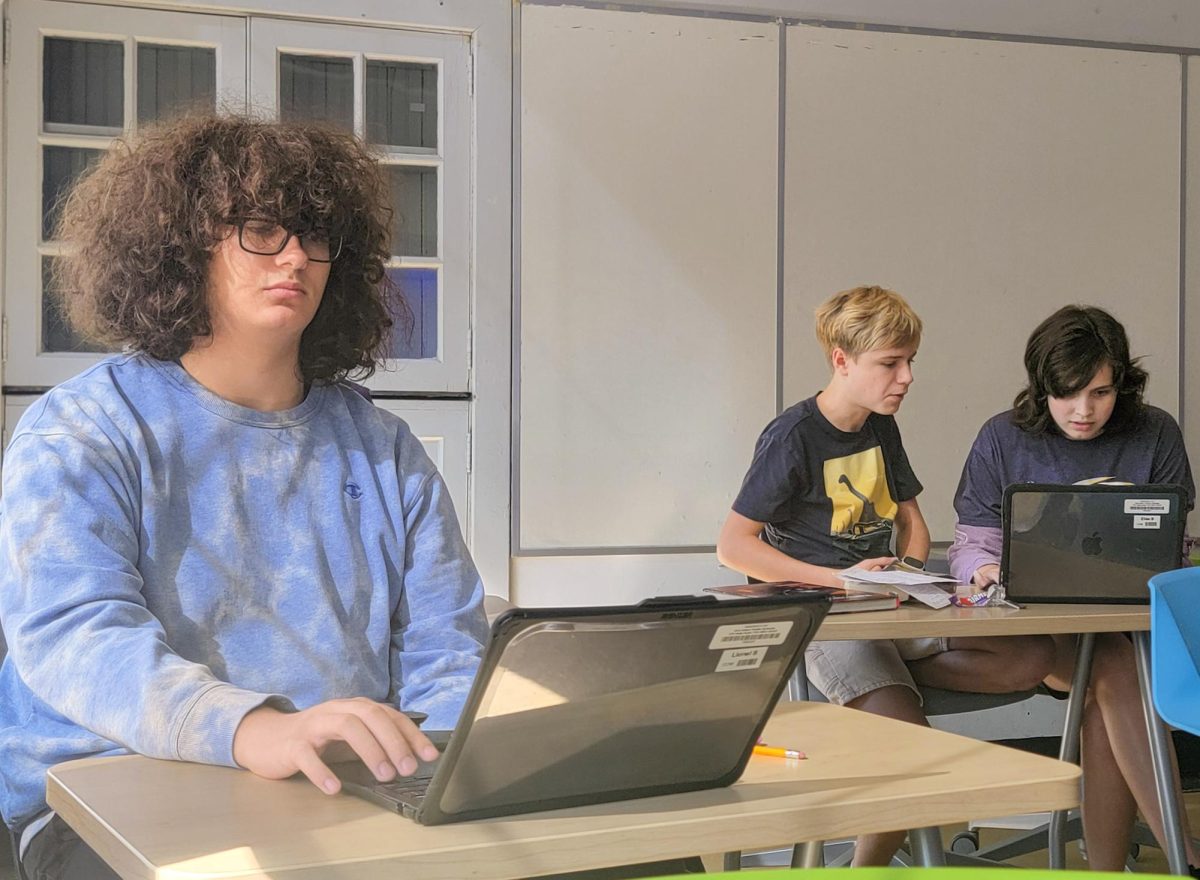First Jobs: Paychecks, Passions and Unexpected Lessons
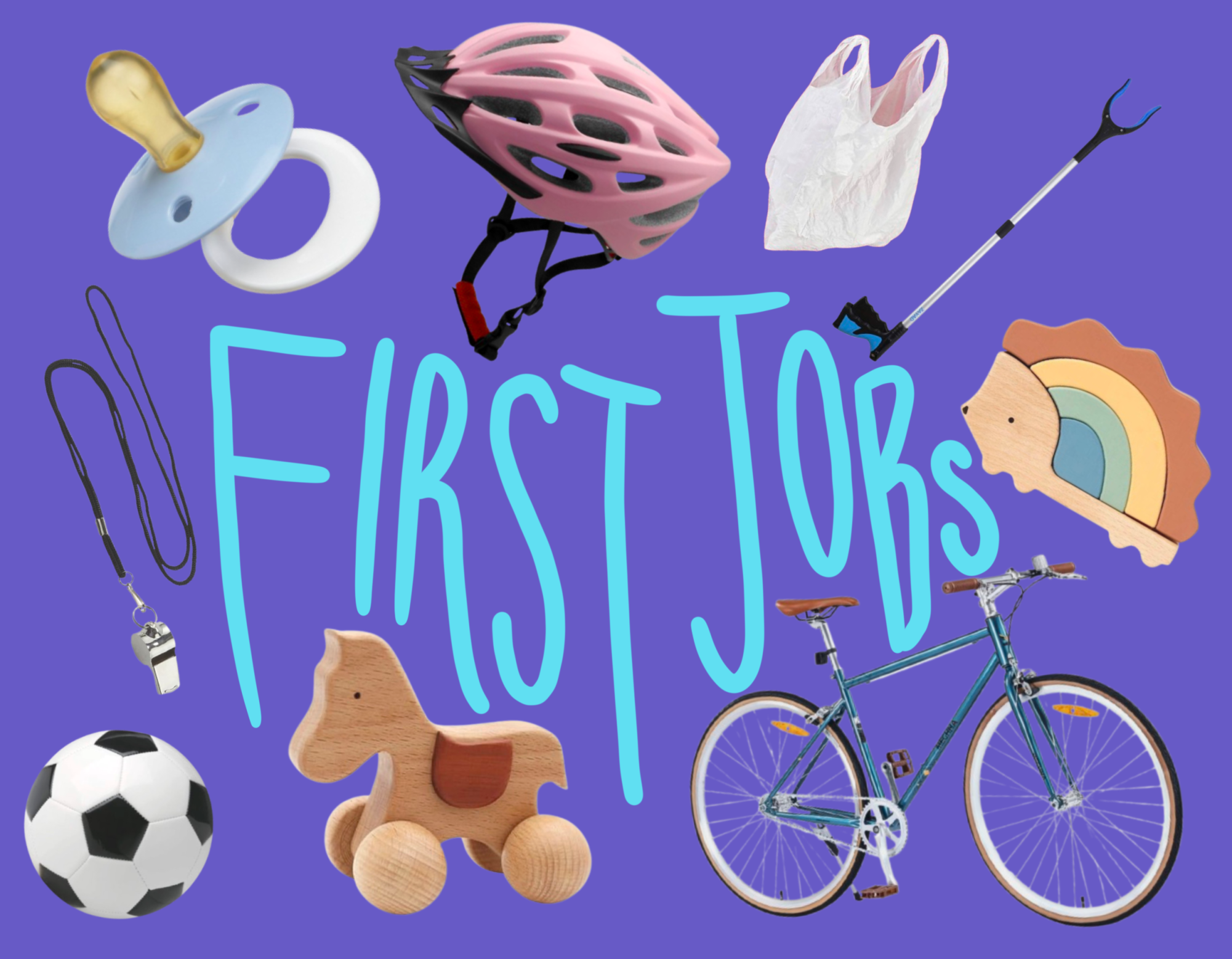
A first job is rarely only about earning a paycheck; it’s a first step into the working world, a place where mistakes are made, lessons are learned and new perspectives are formed. Whether the experience is good, bad, or just a means to an end, it leaves an imprint. Four CHS students and staff found that their first jobs gave them unexpected insights — not just into work, but into themselves and their future.
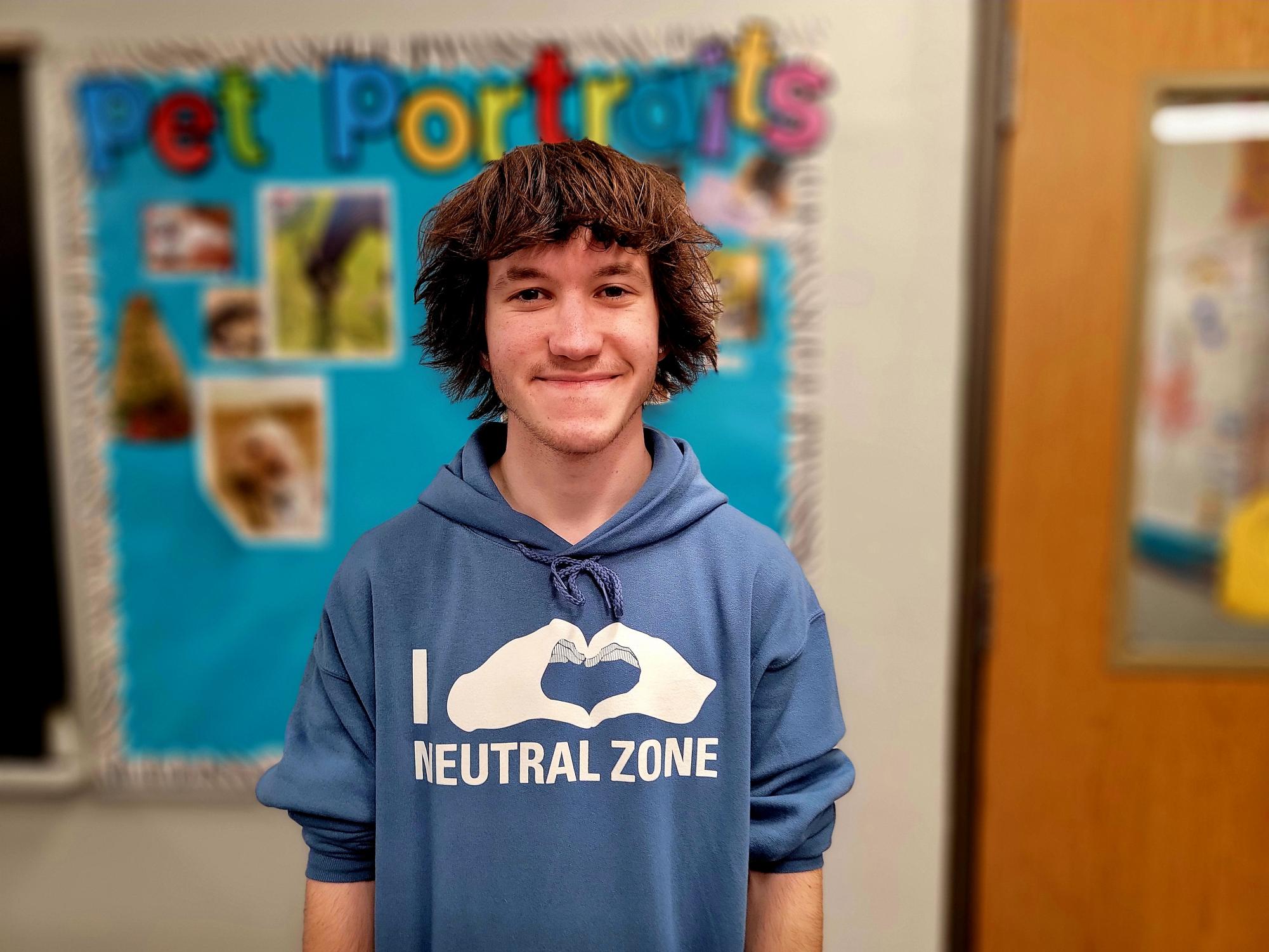
CHS senior Allan Authier spent the summer of his sophomore year working at Top of the Park, picking up garbage and maintaining the grounds. The open-air venue with its bustling crowds, lawn seating and food vendors became his summer workplace as he moved among concertgoers keeping the space clean. While the work itself wasn’t particularly exciting, the job placed him in the middle of an arts community. It gave Authier direct exposure to the inner workings of the music industry. He spent time around artists, sound technicians and stage crews, observing what it takes to put on a live performance.
“Having the knowledge of what it’s like to be in that situation, from the artist’s perspective or from the sound guy’s perspective, helps me be helpful and not a nuisance,” Authier said.
That insight deepened his appreciation for live music and gave him a clearer vision of where he wanted to go. Now, Authier plays in a band called Staircase Joke; they won the Battle of the Bands at Neutral Zone and perform at venues such as the Blind Pig. The connections he made at his first job opened doors, and he is now working in sound production. This first job experience reinforced Authier’s passion for music and gave him a roadmap for his future in music. What started as a simple summer job picking up trash became a career path.

Before becoming a science teacher, Courtney Kiley worked as a bicycle safety instructor for AAPS Rec & Ed. Her classroom was the blacktop playground where she’d guide young cyclists through the basics of road safety. The job was fun, but also overwhelming at times.
“Little kids on bikes are terrifying,” Kiley said. “I was the only adult with them. Once, a kid had an asthma attack and ran into a tree — it was stressful.”
Still, the first job reinforced her love for working with kids and solidified her interest in education. But more than that, it taught Kiley an important lesson: not every job has to be your passion.
Unlike teaching, where grading and lesson planning follow her home, her first job had clear boundaries. When she clocked out, she was done.
“That wasn’t the most fulfilling job in the world, but it was just a job, and sometimes that’s okay,” Kiley said. “You don’t have to love every job you do; it’s okay to just make money.”
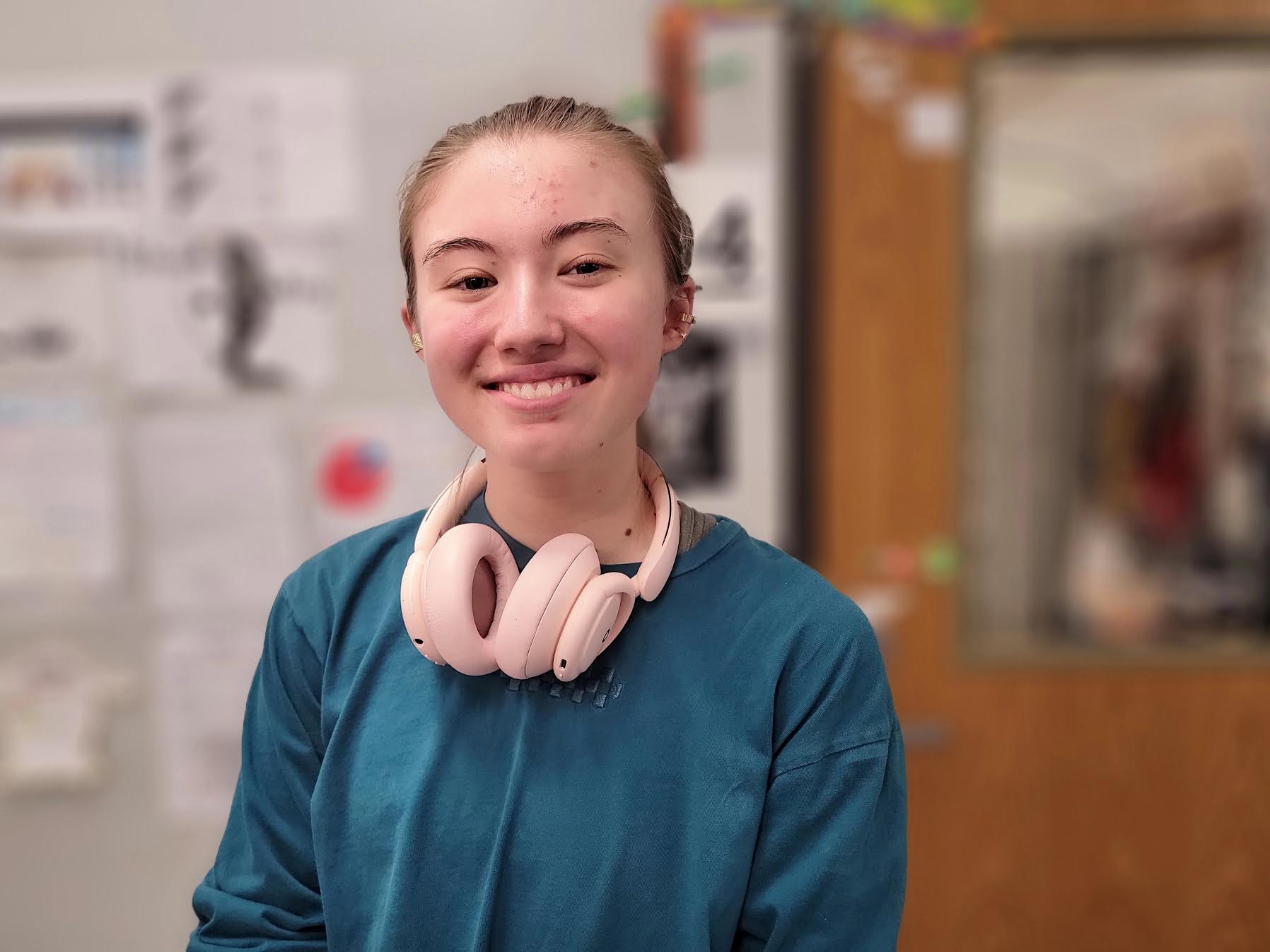
For senior Kaylie Peters, her first job as a babysitter for families in her neighborhood taught her to understand the world through a child’s eyes. Between playing imaginary games, drawing with sidewalk chalk and exploring outside, Peters found herself reconnecting with her own imagination.
“Kids are their own people,” Peters said. “A lot of people underestimate their intelligence and awareness of the world, but they are very smart and compassionate.”
As a self-described nature lover, Peters enjoyed teaching the children she babysat about how to identify plants, which were edible, and even tree climbing techniques. But it wasn’t all fun and games, she learned that babysitting required patience — especially in the face of toddler melt-downs.
“If I can deal with a toddler screaming in my face and still be a good babysitter, I can deal with anything else life throws my way,” Peters added.
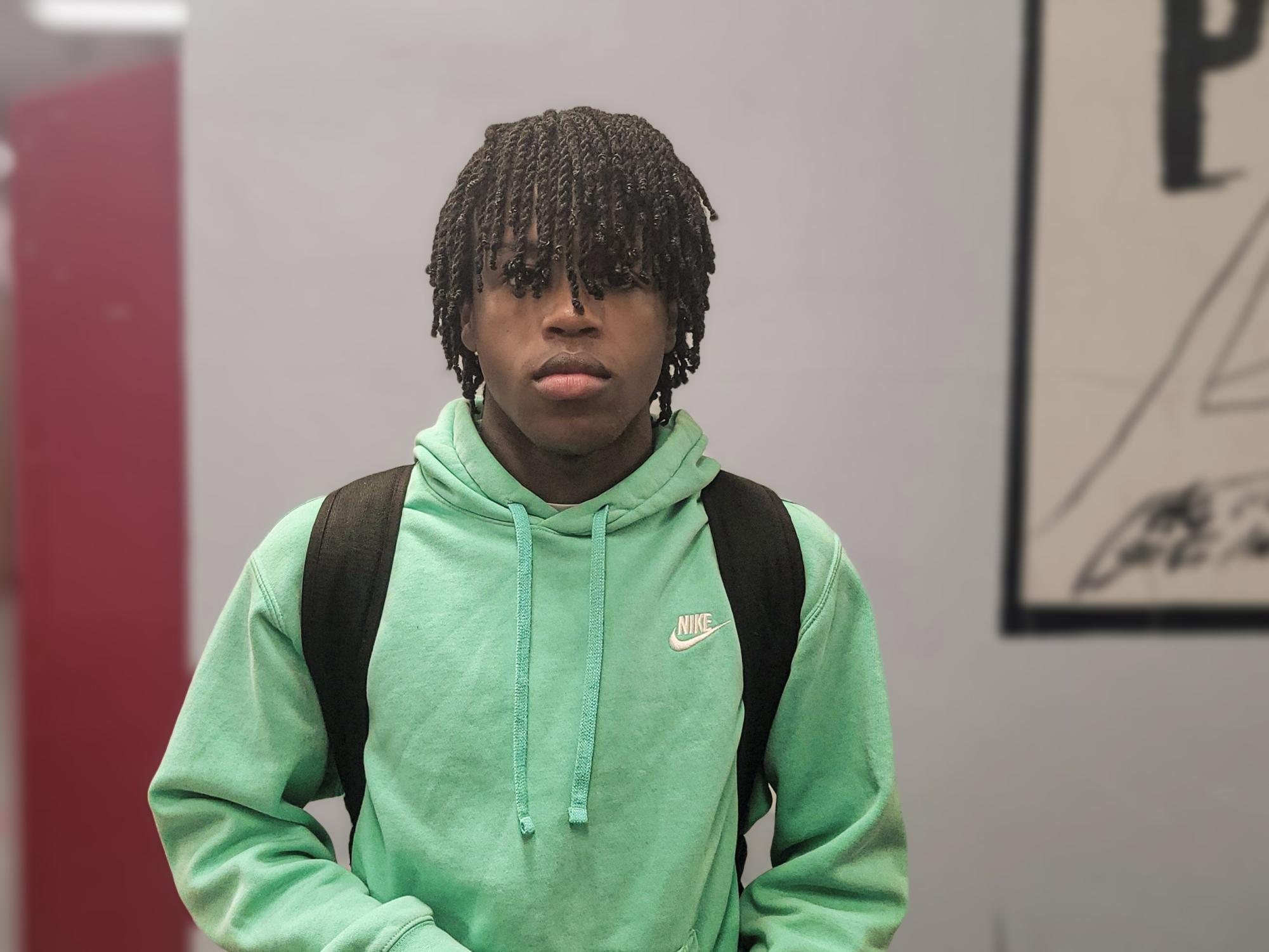
For senior Amani Simenyi, working as a middle school soccer referee wasn’t a lifelong dream — it was a way to make money. With a whistle around his neck and striped shirt, he’d pace the sidelines, making split-second decisions amid the shouts of players and parents. But along the way, the job gave him a surprising new perspective.
“I used to yell at refs all the time for making bad calls,” Amani admitted. “But once I was the one making those decisions, I realized how hard it actually is.”
The experience shifted Simwenyi’s mindset, teaching him that mistakes are inevitable and that referees, like players, are doing their best in the moment.
Beyond the lesson in perspective, reffing also introduced Simwenyi to the perks of independence. Starting at 13 years old, he enjoyed the flexibility of making his own schedule while earning an impressive $50 an hour. Though he didn’t feel a strong passion for the job, he appreciated the freedom it gave him.
Now, Simwenyi has his sights on a career in nursing, a field that will demand quick thinking and composure under pressure — skills he unknowingly began developing on the soccer field. While refereeing and healthcare may seem worlds apart, the job gave him early exposure to making tough calls and staying level-headed.
These first job experiences did more than fill wallets — they shaped futures. They taught CHS students and staff about work boundaries, career possibilities and their inner self. Whether directing them toward lifelong passions or providing perspective, these early work experiences became unexpected foundations for whatever comes next.
